Search form
Number of results: 71
Sort by:
-
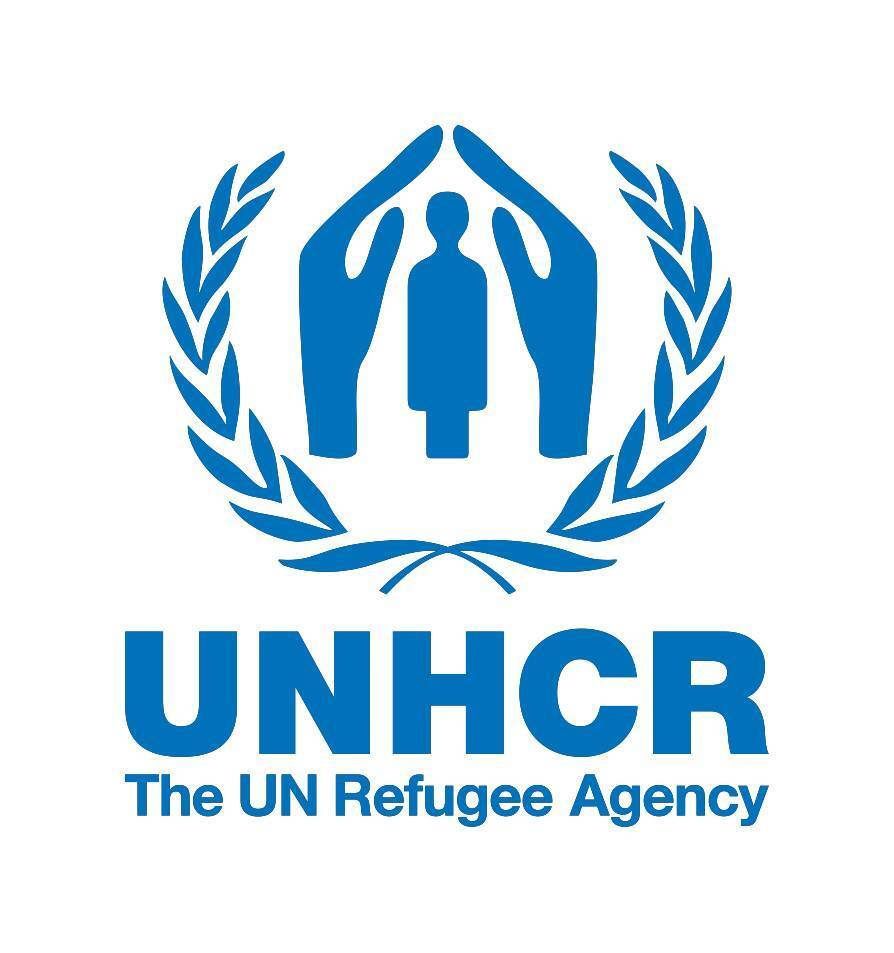
17 overlooked ways refugees are leading on sustainable development
news UNHCR, 17 Sep 2020 (4 years ago )Around the world, displaced and stateless people are taking action to halt climate change, achieve gender equity and solve other complex problems. The COVID-19 pandemic is not about to stop them. -
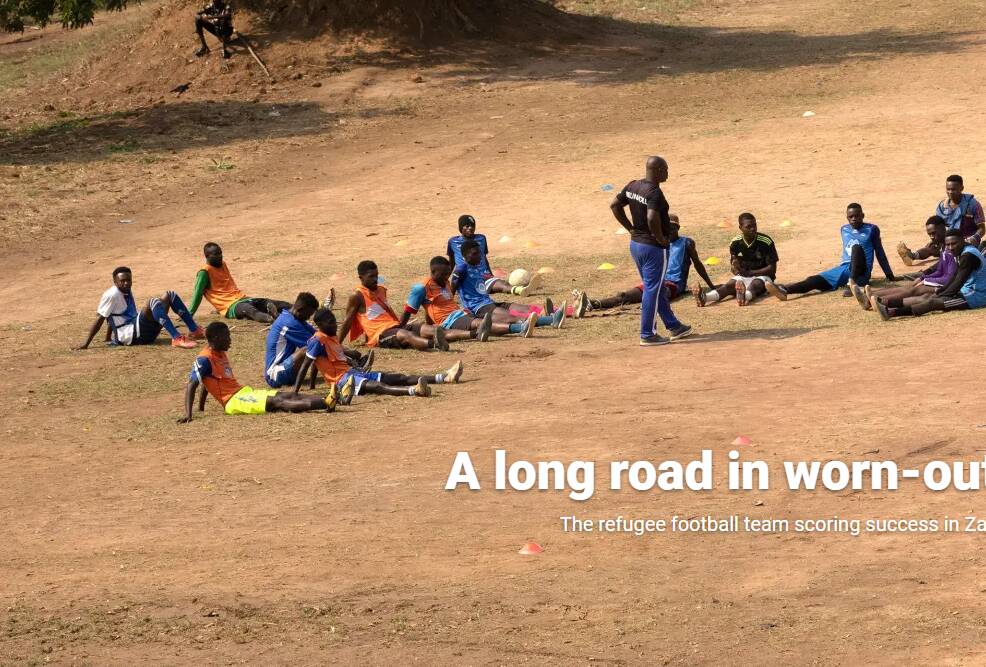
A long road in worn-out shoes: The refugee football team scoring success in Zambia – Aljazeera/ UNHCR, 14 Dec.
news UNHCR, 14 Dec 2023 (1 year ago )Meheba refugee settlement in Zambia is not only the size of Singapore but it is the home of Meheba Academy Football Club. It has not only set its sights on making a name for itself, nationally & internationally but it is also an example of the importance of refugee inclusion in the communities hosti... -
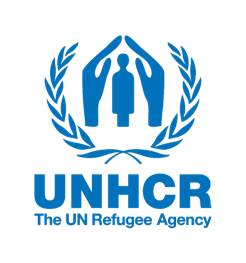
All over the province, people want to buy our rice – UNHCR, 27 August 2021
news UNHCR, 27 Aug 2021 (3 years ago )It takes more than an hour on foot to traverse the muddy terrain that leads to Antoinette’s expansive rice farm in Chamassuia, a local village about five kilometres from Lôvua settlement in Angola’s Lunda Norte province. -
As COVID-19 and conflict surge, DR Congo displaced face deadly consequences of chronic underfunding
news UNHCR, 09 Jun 2020 (5 years ago )Massive funding gaps are threatening hundreds of thousands of lives in the Democratic Republic of the Congo, where surging violence and COVID-19 are exacerbating already dire conditions for millions of forcibly displaced people. -
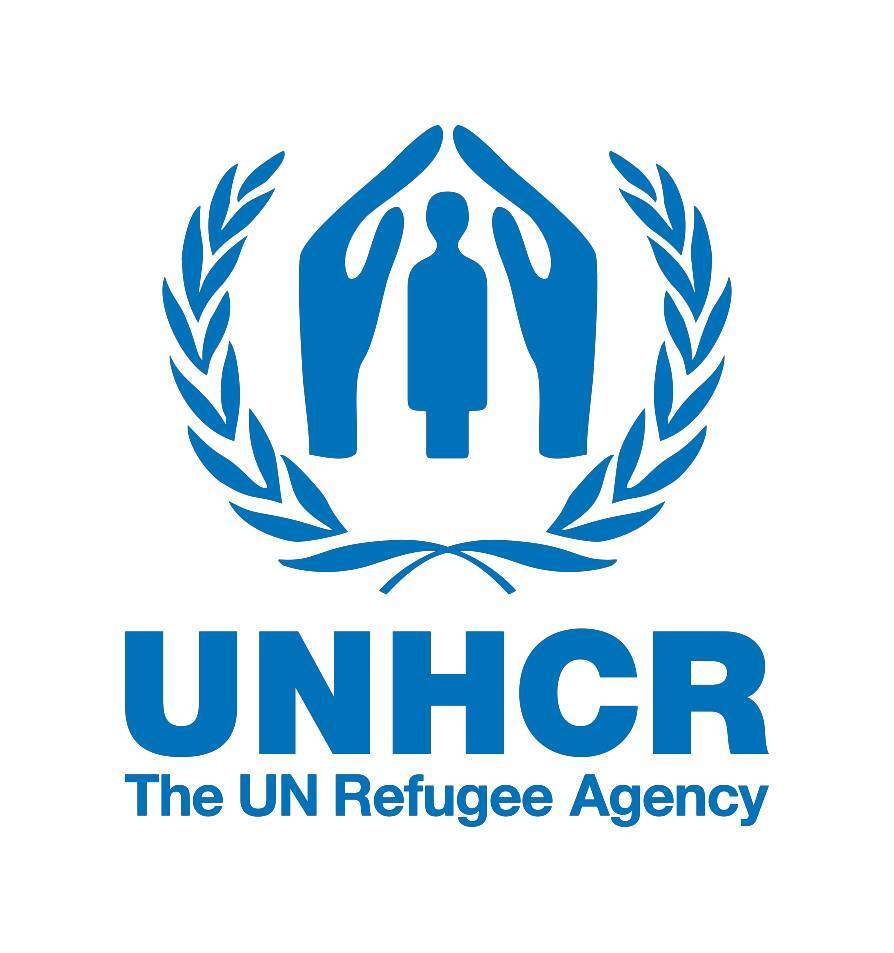
As attacks surge in northern Mozambique, families flee multiple times
news UNHCR, 18 Sep 2020 (4 years ago )Violence by armed groups has uprooted more than 250,000 people since 2017 in Cabo Delgado, with many living in dire conditions as they seek safety -
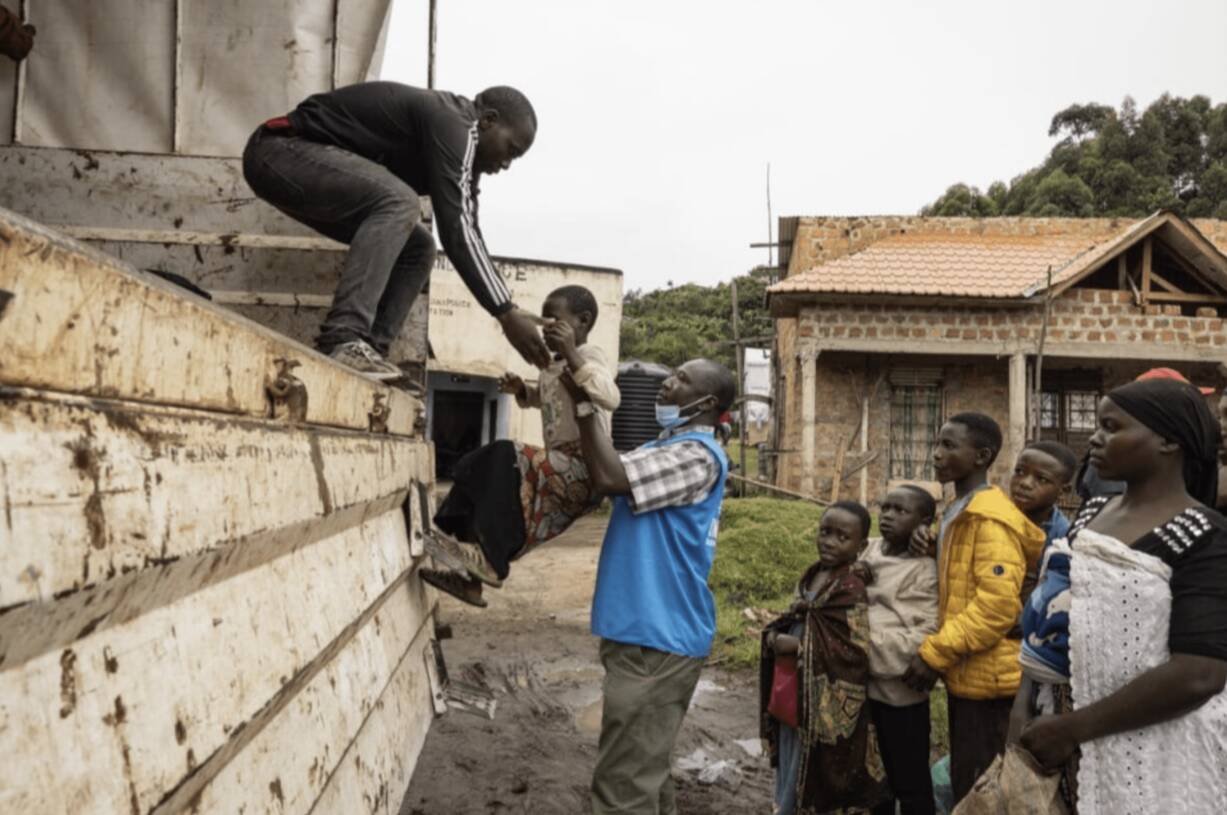
As security worsens in DR Congo, UNHCR and partners seek US$605 million to assist Congolese refugees across Africa -UNHCR, 17 February 2023
news UNHCR, 17 Feb 2023 (2 years ago )This is a summary of what was said by Olga Sarrado Mur – to whom quoted text may be attributed – at today’s press briefing at the Palais des Nations in Geneva. -
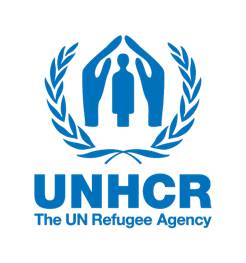
Attacks by armed group displace 20,000 civilians in eastern DRC – UNHCR, 16 July
news UNHCR, 16 Jul 2021 (3 years ago )UNHCR, the UN Refugee Agency, is calling for urgent and enhanced measures to protect civilians in eastern Democratic Republic of the Congo (DRC), where a series of recent attacks by an armed group has displaced nearly 20,000 people in North Kivu province. -
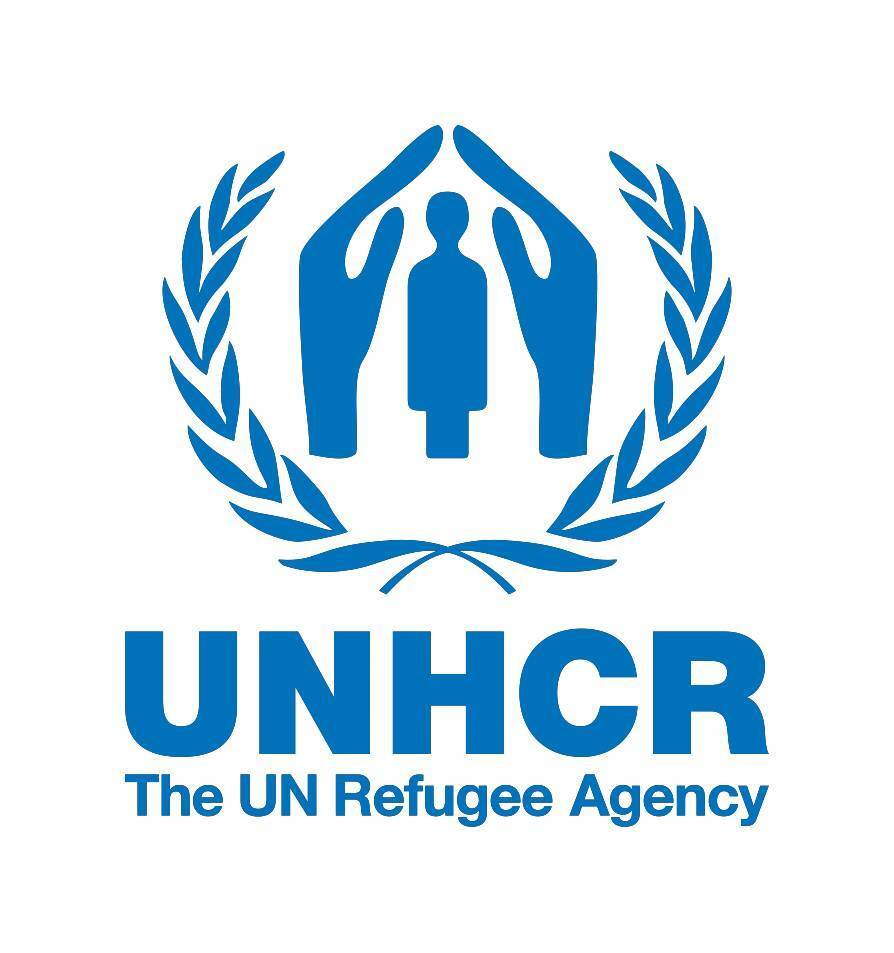
Better access to water improves lives for refugees and their hosts in Zimbabwe camp
news UNHCR, 22 Mar 2021 (4 years ago )UNHCR, the UN Refugee Agency, and partners have improved water supply at Tongogara camp, in a project funded by the African Development Bank. -
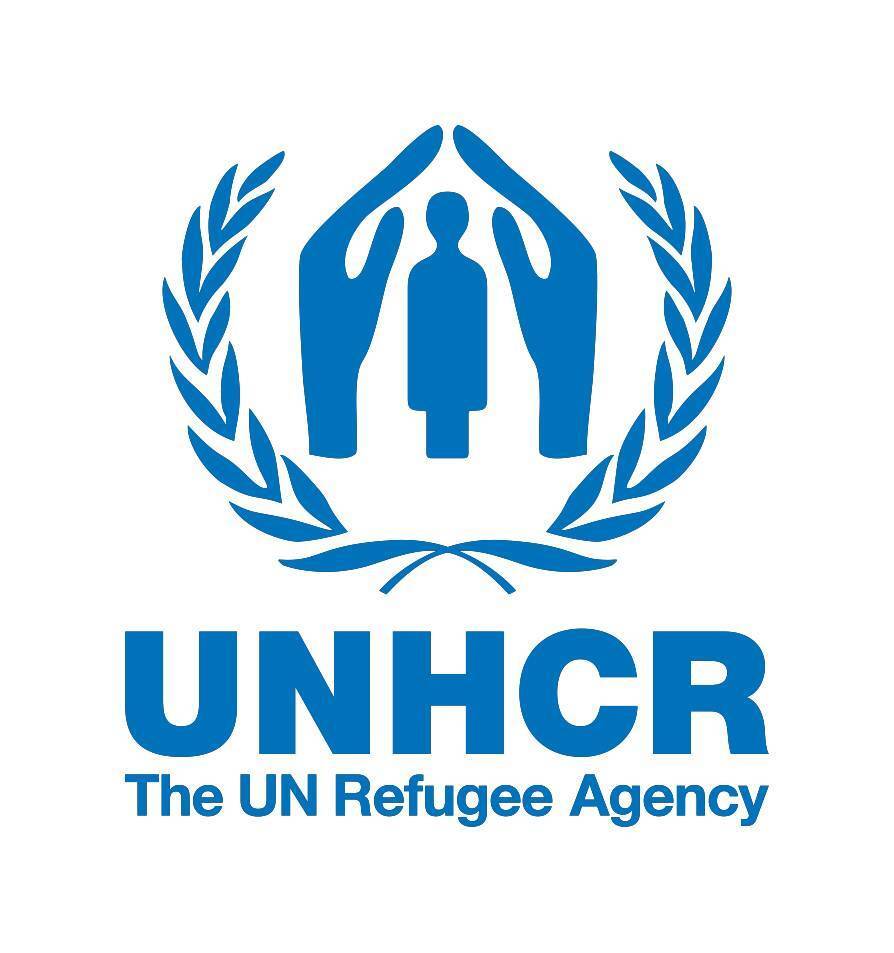
Central African refugees make soap to help fight COVID-19
news UNHCR, 28 Aug 2020 (4 years ago )In northern DRC, refugees from the Central African Republic are finding ways to tackle the COVID-19 pandemic while improving their livelihoods. -
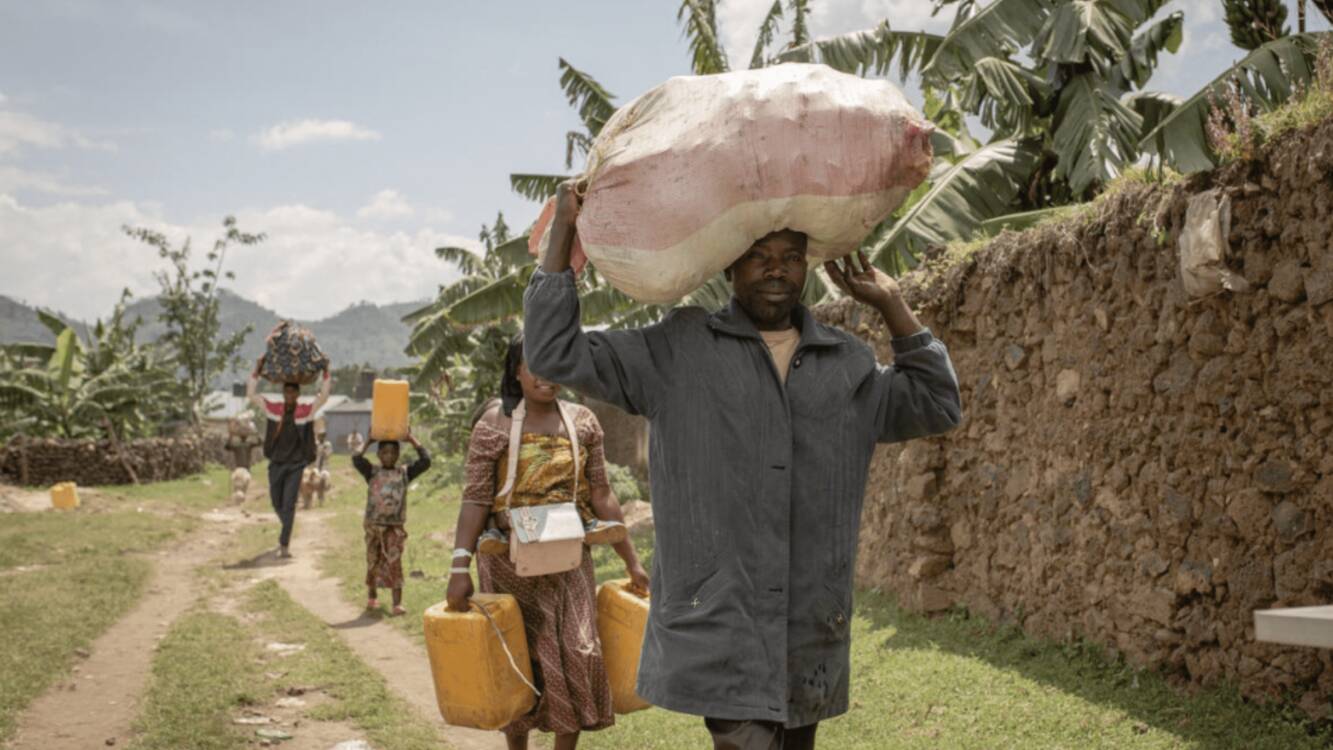
Congolese refugees torn between returning home or remaining in exile – UNHCR, 09 Dec.
news UNHCR, 09 Dec 2021 (3 years ago )Mongera Bahiira, 60, sits in a small patch of shade at the Nyakabande transit centre in Kisoro, Uganda, surrounded by his wife and six of his 13 children. The rest are young adults who remained in eastern Democratic Republic of the Congo (DRC) with their own families.